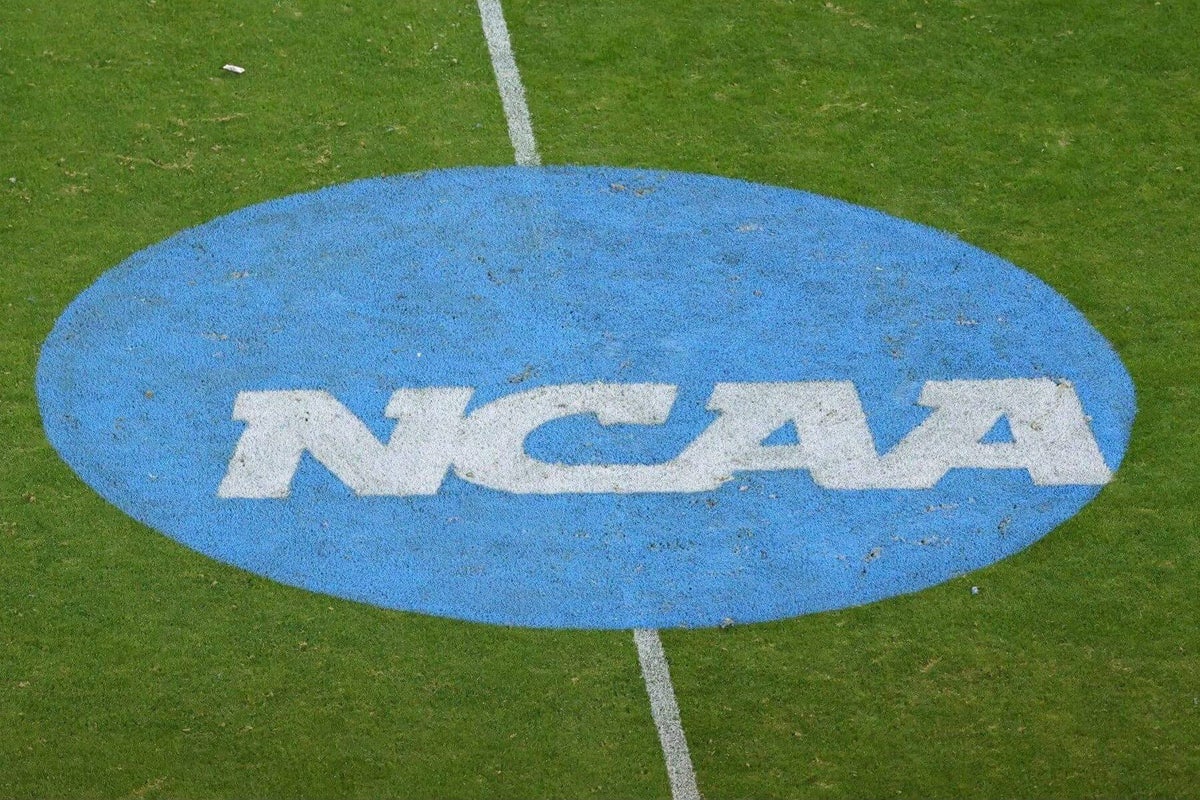

Attorneys filed revisions to the House vs. NCAA settlement Wednesday that would allow college athletic departments to exceed the settlement’s proposed roster limits through voluntary “grandfathering” of any athletes who were previously assured a roster spot.
According to the revised proposal, any athlete who has been or would have been cut as a result of the settlement can be “grandfathered in,” meaning those athletes will not count against the settlement’s roster limits for the duration of their college eligibility. That includes incoming freshmen for the 2025-26 academic year who had a previously offered spot revoked due to settlement preparations.
Any decisions to retain these impacted athletes would be made at the discretion of individual schools, but the revision allows for “grandfathered” athletes to maintain that status if they transfer to different schools.
The latest revised filing has been made in the House v. NCAA settlement, regarding roster limits.
Any athlete who has been or would have been cut as a result of the settlement can be “grandfathered in,” meaning they will not count against the new roster limits for the duration… pic.twitter.com/Wco5hLoVyt
— Justin Williams (@Williams_Justin) May 7, 2025
This latest filing is a response to federal judge Claudia Wilken’s recent order, which stated that if the agreement could not be amended in a way that prevents college athletes from losing roster spots due to the implementation of new roster limits, she would deny the entire deal. Wilken will now review the proposed changes and determine whether they are sufficient to grant approval.
Advertisement
The House settlement, a $2.8 billion agreement that resolves a trio of antitrust lawsuits against the NCAA and power conferences, stands to reshape college sports by allowing for direct payments from schools to athletes.
The settlement has been in the works for a year, with Division I athletic departments planning accordingly, including preparations for roster limits put forth by the NCAA and power conference defendants. The limits would increase the number of available scholarship opportunities across sports but have also led to non-scholarship athletes (walk-ons) and some on partial scholarships to lose their roster spot as a result.
In Wednesday’s filing, defendant lawyers representing the NCAA and power conferences wrote that although retention would be voluntary for schools, the revised proposal ensures all athletes will be “getting what they had before the settlement was announced — the opportunity to be on a roster without being subject to roster limits.”
Though schools would not be required to retain athletes who have been or will be cut due to roster limits, they will be required to create a list of the “grandfathered” athletes. The discretionary nature of the revisions should also allow schools to navigate any Title IX requirements that might arise.
These last-minute adjustments come in the wake of a final approval hearing on April 7, during which Wilken heard objections, including from athletes who had already lost or were at risk of losing their spot on a team due to the proposed roster limits. Wilken — who expressed support for the broader settlement, including the billions in backpay damages and annual revenue sharing of more than $20 million per school — suggested during the hearing that changes be made to the roster limits.
Instead, settlement lawyers initially responded with an explanation for why the roster limits should remain as proposed, which led to Wilken’s ultimatum.
Advertisement
Though the plaintiff and defendant lawyers believe Wednesday’s revisions will satisfy Wilken’s requests, the objectors whom Wilken ordered to be included in the most recent discussions do not endorse these revisions, and they could file another round of objection responses as a result.
The settlement falling apart at this stage would be catastrophic for the NCAA and college sports, which have been operating under the assumption of approval for months. The five power conference defendants — the ACC, Big Ten, Big 12, SEC and Pac-12 — have been working on a new enforcement body to operate outside the NCAA that will oversee the revenue-sharing system.
It’s why several athletic directors and administrators remain adamant that this eleventh-hour hold-up will be resolved, while also voicing frustration that it took this long to address the judge’s concerns.
If approved, schools that opt into the settlement could begin making direct payments to athletes July 1.
But that will depend on the ruling from Wilken, who previously ruled against the NCAA in the O’Bannon and Alston cases and is overseeing the settlement in the Northern District of California. If approval is not granted, the cases will move toward trial and the NCAA and power conferences will have to reckon with the immediate impact on name, image and likeness (NIL) and revenue sharing with the start of a new academic year fast approaching.
(Photo: C. Morgan Engel / NCAA Photos via Getty Images)
This news was originally published on this post .





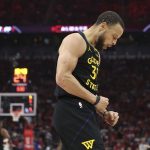
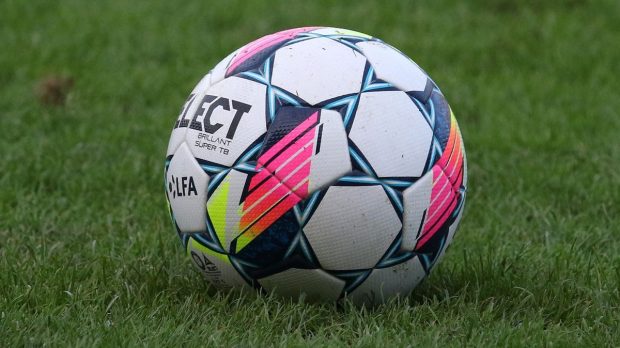
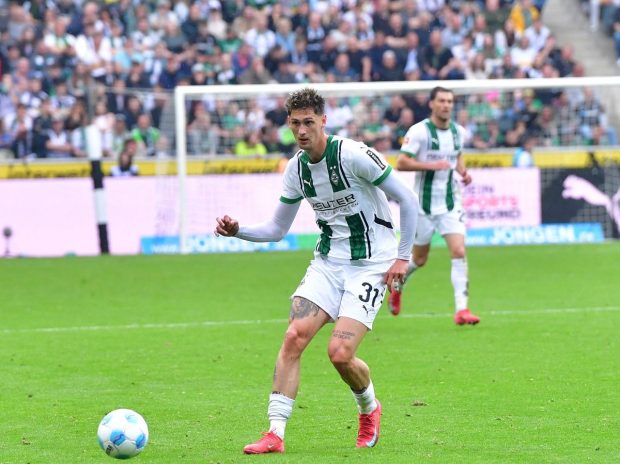
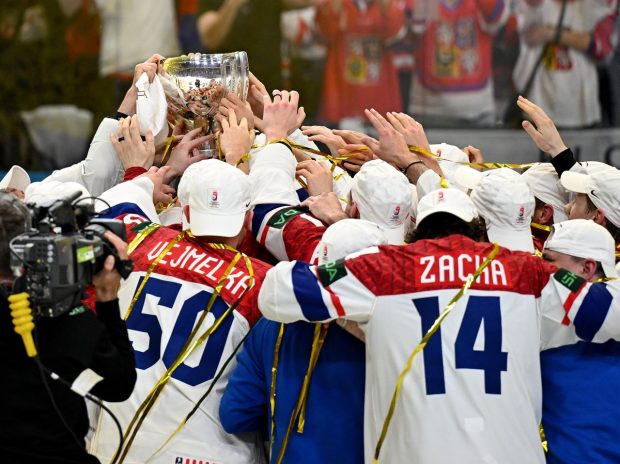
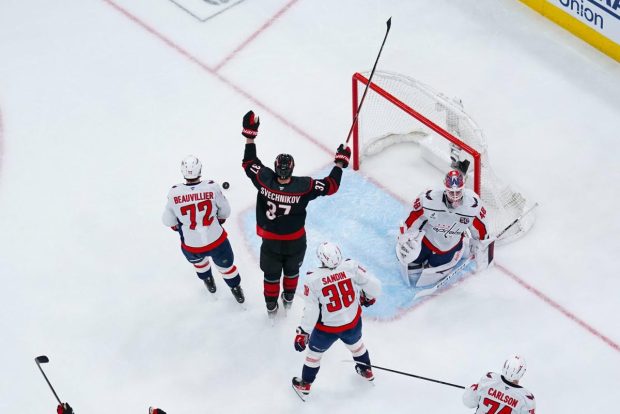
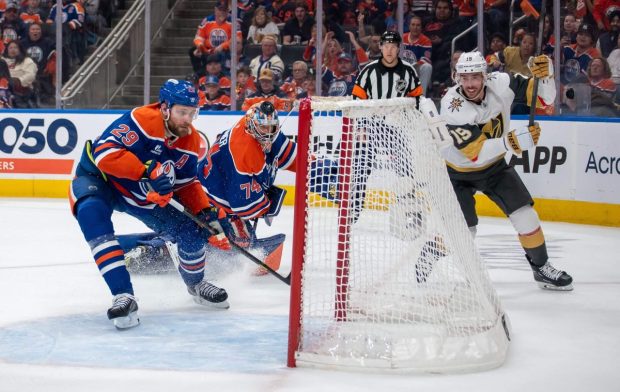
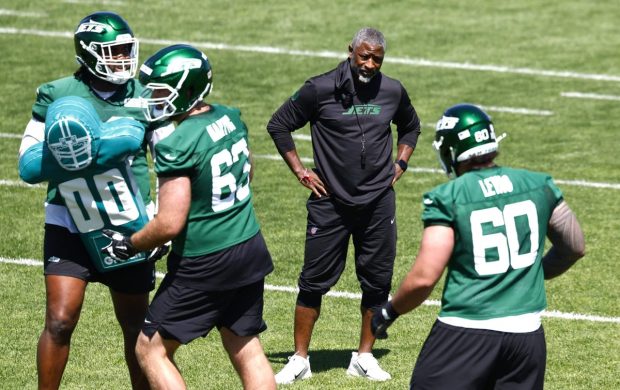
Be the first to leave a comment